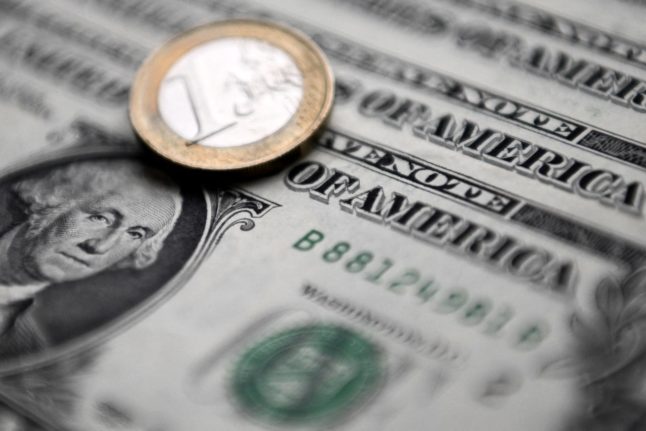Bitcoin. Ethereum. Tether. Mining. Binance. To the uninitiated, cryptocurrency can sound like a different language. But, in France, it’s big business, with an estimated 3.4 million people reportedly holding at least some “crypto”.
In May, France became the first major European nation to give approval for cryptocurrency exchange Binance to operate in the country.
But this does not mean the country is operating a light touch on cryptocurrency regulations – a fact Changpeng Zhao, Binance’s CEO and founder, recognised at an event in Paris in April to launch a government-backed programme for “Web3” start-ups.
As cryptocurrencies become more mainstream, more and more people may be looking to get on board. But, is it taxable? How is it taxable, and how much tax do you have to pay?
First things first: yes, cryptocurrency income is taxed. It’s income. It’s taxable.
The tax rate applicable for capital gains and income from crypto assets depends on whether you’re a professional trader, an occasional investor or a miner.
France’s Direction Générale des Finances Publiques (DGFiP) says that capital gains from the sale of crypto assets like bitcoins are currently taxed at the following rates:
Occasional investors – flat tax rate of 30 percent, made up of 12.8% income tax and 17.2% for social security contributions
Professional traders – BIC tax regime of 0-45 percent.
Crypto Miners – BNC tax regime of 0-45 percent.
The flat rate for occasional investors applies to individuals with financial investments in crypto assets, and other investment income like dividends and life insurance, not to professional traders.
The DGFiP will only tax capital gains from crypto when crypto is converted into euros or any other fiat currency, if the total capital gain exceeds 305€ per year.
That means those who only dabble in crypto pay less than those who make their living from it.
The difference between an occasional investor and professional trader lies in how often you “dabble”.
The more you play the crypto market, the more likely you are to be regarded as a professional trader – in which case the variable rate of 0 percent to 45 percent applies.
The point at which an occasional investor and professional trader isn’t obvious – that decision is made on a case-by-case basis – but the DGFiP’s working out on this calculation is based on the total investment amount, trade volumes, and how often you sell cryptocurrency.
The more often you do this, the more likely you are to be considered a trader.
Mining, meanwhile, falls under the non-commercial profits regime of the general tax code. For more details, click on the government website, here.
As for declaring any crypto accounts you may have, there’s a special section on your annual French income tax declaration. Transfers into legal tender currency (but not another cryptocurrency), as well as purchases of goods or services using crypto, are taxable.
The overall amount of the capital gain (or loss) for the year must be entered in the annual income tax return, along with the details of the transactions
Fines for failure to declare a single bank account or investment scheme are hefty – from €1,500 to €10,000, with €3,000 being a fairly common penalty. These amounts are applied to each account you fail to declare.



 Please whitelist us to continue reading.
Please whitelist us to continue reading.
Member comments